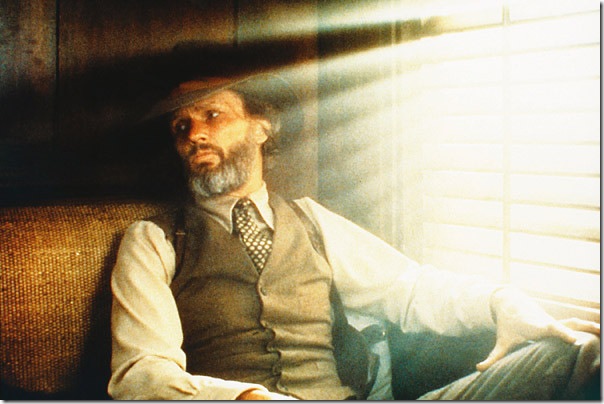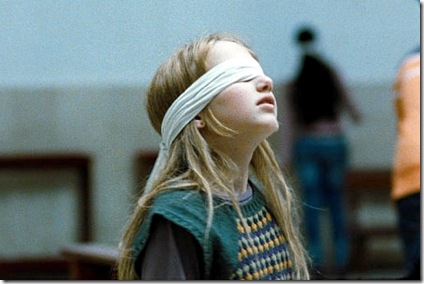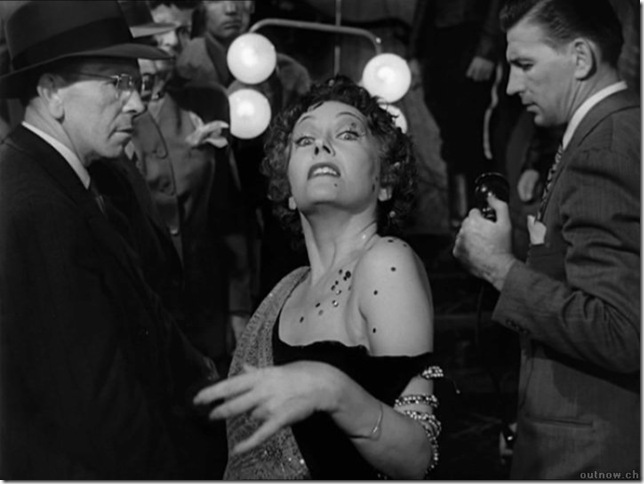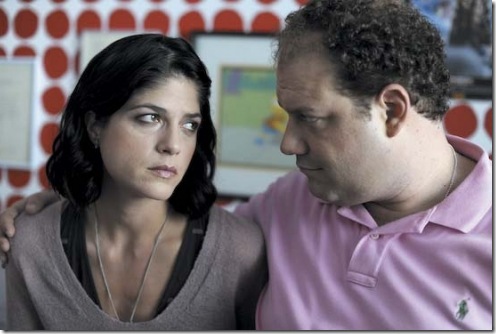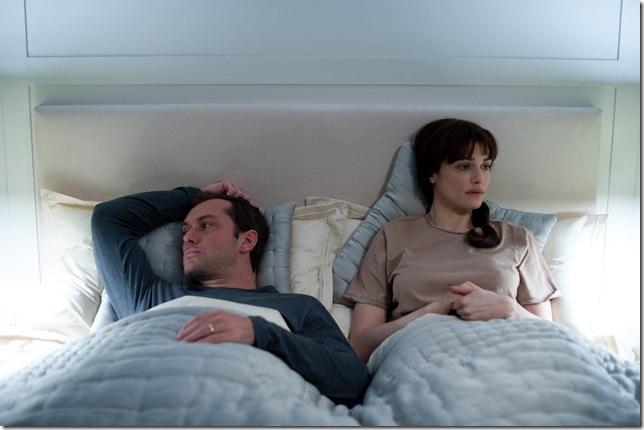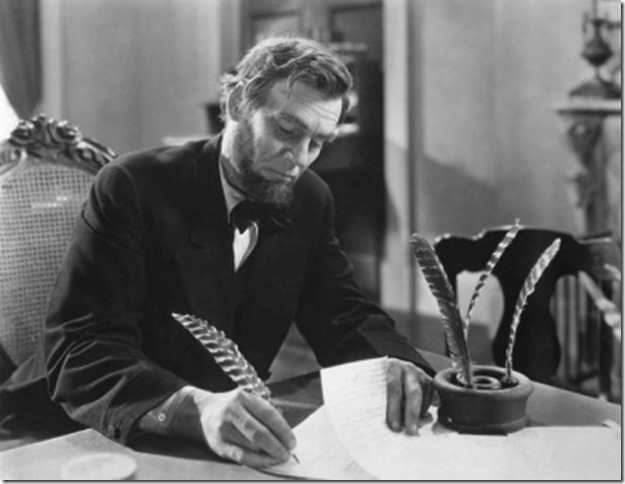For decades, Michael Cimino’s Heaven’s Gate has been remembered mostly as a monument to megalomania, rife with stories about its director hemorrhaging time, money and miles and miles of film to shoot his exacting vision. Heaven’s Gate went so over budget so much that it crippled its distributor, United Artists, and inspired an entire book – Final Cut – about its calamitous finances.
Cut to shreds by the studio, the neutered version of Cimino’s epic drew risible catcalls from critics and audiences alike upon its 1980 release. But history has been kinder to the movie, a dramatization of a fictional conflict between wealthy land barons and poor European immigrants in a vast Wyoming outback in 1890. Re-released this year at a couple of major film festivals, Cimino’s preferred 216-minute cut (up from the 149-minute theatrical version), Heaven’s Gate now arrives on home video with the Criterion imprimatur ($34.86 Blu-ray, $34.99 DVD), suggesting its newfound appreciation as a cult classic.
When all is said and done and with Cimino’s original version restored, it’s safe to say that the end result was worth all that money. The movie stars Kris Kristofferson as a rugged, moral marshal, Isabelle Huppert as his prostitute paramour, Sam Waterston as the unconscionable leader of the greedy land barons, and an enjoyably miscast Christopher Walken as an outlaw cowboy playing both sides of this fundamental good vs. evil story – a semi-historical opiate played against painterly backdrops of stunning natural vistas.
The director is a master of the geometry – and the geography – of film structure, expertly emulsifying grandiose set pieces into the immutable faces that make them up. Quite often, he finds himself unconcerned with the necessities of plot, and this longer version allows him the freedom to lose himself in sidetracks and diversions which enhance atmosphere, develop character and create a genuine shape that the messy original version lacked. I wouldn’t cut a minute of this picture, even when it dares to be slow – a formal tumbleweed ambling across a narrative apocalypse. It’s easy to see such landmark predecessors like Once Upon a Time in the West, The Wild Bunch, McCabe and Mrs. Miller and Days of Heaven casting a wide shadow over Heaven’s Gate, in one way or another.
The climactic battle scene is almost incoherent, but appropriately so: Like war, it’s brutal, disorienting and hard to watch. Needless to say, the issues of class divide and anti-immigrant sentiment coursing through the movie’s storyline have not aged a day, and they provide a harrowing, sobering antidote to traditional cinematic accounts of western expansion. On all accounts, Heaven’s Gate is a triumph.
In the Italian coming-of-age drama Corpo Celeste (Film Movement, $22.46), pint-sized performer Yle Vianello delivers the kind of emotionally naked, unselfconscious performance that only nonprofessionals can deliver. She plays Marta, a 13-year-old girl who moves with her mother and older sister into a Catholic parish in Southern Italy and is enrolled in a catechism class. She can’t understand the theological queries posed to her, and besides, she’d rather be visiting the beach. Not much “happens” beyond that – writer/director Alice Rohrwacher becomes less a filmmaker than a voyeur, observing the naturalistic action as it unfolds. Following Marta wherever she goes, the camera poised at a perpetual close-up, Rohrwacher’s experiential style closely mirrors that of Belgium’s acclaimed Derdenne Brothers, eschewing the purity of their unbroken takes but retaining their theme of innocent children corrupted by foolish adults.
The film becomes an episodic study of Marta’s life in the days leading up to her confirmation, and it is in these episodes – where she witnesses the cruel fate of kittens born on the church grounds and the political glad-handing of an ethically dubious country priest – that her opinions on organized religion are formed. The film’s central scene is of Marta and her classmates wandering the church in blindfolds as part of a religious exercise, and there can be no better metaphor for Marta and the town’s congregants: blindly trusting, unable to see the obstruction right in front of them. That the film still functions as a celebration of nature’s miracles is a great testament to the director’s spiritual sensitivity, even in the face of a rotten institution.
Sunset Boulevard, now on Blu-ray for the first time ($18.99), is a lot more than its signature quotables – “I’m still big; it’s the pictures that got small” and “Mr. De Mille, I’m ready for my close-up.” But these timeless Brackett and Wilder lines are succinct microcosms of this great film’s cynical Hollywood diary, a boulevard of broken dreams shepherded by a deluded, diseased mind. Gloria Swanson’s most iconic role still dazzles while engendering our pity, a performance etched in frame-filling close-ups that Carl Dreyer would have loved as much as Cecil De Mille.
Her Norma Desmond, former starlet of the silent screen, is a wax-museum costume on two feet, her wild eyes and ghastly eyebrows only hinting at the madness underneath. William Holden, as the desperate screenwriter who discovers Desmond’s crumbling xanadu while dodging creditors, delivers one of his most career-defining roles as well, an embodiment of Hollywood sardonicism who is given one brilliant, writerly line of dialogue after another. He narrates the picture as a corpse, of course – as much a novel invention today as it was in 1950. He’s dead at the film’s beginning and he’s still dead when it ends, floating in a chlorinated symbol of Hollywood’s rotten excesses. There have been many cynical movies about the movie business since Sunset Boulevard, but it set the paradigm.
Enfant terrible Todd Solondz’ latest excavation of suburban haplessness and hopelessness, Dark Horse (Virgil, $19.99 Blu-ray, $14.99 DVD) follows the miserable life of thirtysomething Abe (Jordan Gelber, who resembles a paunchier John C. Reilly). Born without good lucks or social graces and with an adolescent’s appetite for action figures and anxious chatter, Abe lives with his parents (Mia Farrow and Christopher Walken, who must have accounted for three-quarters of this cheap-looking film’s budget), works in his dad’s banal real estate office, and attempts to court a damaged, ghostly-pale woman he meets at a wedding (Selma Blair) and who has one of those dark secrets that so many Solondz characters harbor. Even when Blair’s character seems to reciprocate Abe’s affection, Solondz twists his proverbial knife further into his character, who by the end of the film seems to be living solely in the hallucinations of a schizophrenic. His visions take over the narrative so broadly that even we, as an audience, can no longer distinguish real life from the protagonist’s nightmare daydreams.
Many critics have called Dark Horse Solondz’s warmest film, or used similar verbiage, but they must have seen a different movie than me. While it’s admirably rare to see a film about a character so inherently unlikable and unglamorous, Dark Horse ends up representing phoned-in, empty misanthropy from a director who has documented similar depressives with such accuracy and provocation in the past. There are very few laughs along the way, with only a smattering of successful visual gags to keep the director’s unimaginative mise-en-scene interesting (keep an eye on many of Abe’s hilarious T-shirts). Nobody looks more bored in the picture than Walken. Plopped in front of a television or behind a conference table with a rumpled suit and grumpy mug, he’s a bump on a log without the log.
To paraphrase the late Dennis Hopper in Speed: Pop quiz, hotshot! What do a Brazilian girl fleeing a relationship, a British company man on a business trip, a Muslim dentist in France questioning his faith, a convicted Colorado sex offender on his way to a treatment center, the wife of a Russian mob driver, and an Italian prostitute in Austria have in common? Why, sex, of course – and not just any sex, but the wrong kind. In 360 (Magnolia, $19.99 Blu-ray, $14.99 DVD), the preposterous, misguided new film from City of God director Fernando Meirelles and The Queen screenwriter Peter Morgan, bumpin’ sinful uglies becomes the thread connecting disparate stories and characters from around the world.
The film starts in Vienna and jumps around to Paris, London, Colorado and other jet-setting locales before winding up back in Vienna and revisiting the same prostitute who set forth the film’s domino of sexual liaisons (In case you didn’t “get it,” the aforementioned Russian mob driver tells the prostitute’s sister “We’ve come full circle” after driving her around a historic, circular road in Vienna). The film is nothing but a procession of perfectly chiseled bodies fornicating, or thinking about fornicating, with other perfectly chiseled bodies, in a movie that revels in its own worldly glamour too much to function as an anti-sex cautionary tale. Instead, it meanders pointlessly, with none of the actors given enough screen time to register as anything other than stock archetypes. Jude Law, Rachel Weisz, Anthony Hopkins and Ben Foster are among the recognizable cast members, and all of them deserve better.
Steven Spielberg’s current incarnation of Abraham Lincoln is set almost entirely during a two-month period at the beginning of the 16th president’s second term, and it runs two and a half hours. Back in 1930, D.W. Griffith attempted to tell his entire life story – literally from birth to Ford’s Theater – in a scant 93 minutes. So, unavoidably, Griffith’s Abraham Lincoln (Kino, $29.99 Blu-ray, $19.99 DVD) is a creaky biopic, lurching from one important event in Lincoln’s history to another like a sputtering automobile.
Following the Illinois cornhusker, played nicely by Walter Huston, through coming-of-age barroom brawls, a short-lived courtship with first love Ann Rutledge, his marriage to Mary Todd, and the greatest hits of the Lincoln/Douglas debates, Lincoln’s ascent to the Oval Office is so heavy on plot that character development is virtually eschewed. Dotted with lazy ironies (“She’s even got the ridiculous idea that I could be president!,” says the young Mr. Lincoln), the screenplay is so on-the-nose it practically drips mucus.
Things improve greatly in the second half of the film, by the time the president has donned his stovepipe hat, grown his scraggly beard and begun to preside over the Civil War. Once the conflict rages, Abraham Lincoln becomes a more sophisticated film, alive to the nuances, risks and impossible choices faced by the president. Huston comports himself in a low-key, Lincolnly manner, delivering folksy, homespun allegories not entirely different from the ones in Spielberg’s Lincoln. At any rate, lord knows you don’t watch Griffith’s films for the stories so much as his visual textures and compositional acumen, which remained impeccable during the talkies.
The transfixing tracking shots and painterly sense of symmetry add an intense watchability to the action, even when the screenplay fails to engage. Kino should be lauded for this painstaking restoration of a largely forgotten work in Griffith’s oeuvre; the studio’s reverence extends to a few scenes whose audio has been lost over the years, presenting these scenes with subtitles.
